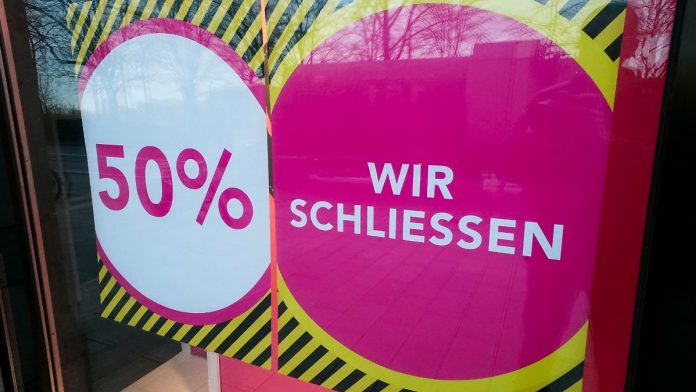“Signal effect is catastrophic”
Business associations horrified by blocking of growth package
This audio version was artificially generated. More info | Send feedback
The Union refuses to approve the Growth Opportunities Act in the Mediation Committee, which leaves representatives of large business associations stunned. According to the BDI, there is only “one draft law” left anyway, and there is talk of increasing frustration among the tradespeople.
The President of the Federation of German Industries (BDI), Siegfried Russwurm, has sharply criticized the results of the mediation committee of the Federal Council and Bundestag on the growth package for the economy. “The signal effect is simply catastrophic,” he said on Deutschlandfunk. “The law has become a law, no: a draft law.”
The negotiating partners in the Mediation Committee had halved the originally planned volume of relief in the Growth Opportunities Act because the states did not want to bear the costs. The mediation result on Wednesday evening was decided against the votes of the Union, so the decision is now expected to be made at the Federal Council meeting on March 22nd, where the votes of the Union states will count.
The Union had made its approval in the committee dependent on a reversal of the cuts in agricultural diesel subsidies for farmers. The BDI President cannot understand this connection between the two topics and called it “a very difficult argument.”
Agricultural diesel law does not make it into the mediation committee
The wholesale association BGA described the planned relief volume of the package as too low and it also came too late. Germany as a business location is being damaged. “In the crisis, the federal government, the states, the government and the opposition must finally pull together,” demanded BGA President Dirk Jandura. “Otherwise trust in the future-oriented, economic actions of politicians will continue to decline. The Union will take the entire economy hostage in order to relieve the burden on agriculture.”
The President of the German Chamber of Commerce and Industry (DIHK), Peter Adrian, referred to increasing frustration in many companies. They doubted whether politicians had recognized the seriousness of the situation. “This is fueling frustration in many companies, who rightly doubt whether politicians have recognized the seriousness of the situation,” said Adrian. “The negative psychological impact on the entire economy is increasingly devastating.”
The chairwoman of the mediation committee of the Bundesrat and Bundestag, Manuela Schwesig, also expressed incomprehension about the Union's behavior. “Agricultural diesel has nothing to do with this law,” said Mecklenburg-Western Pomerania’s Prime Minister on ZDF’s “Morgenmagazin”. It is therefore not possible to make any changes to agricultural diesel in this law; this would give a “completely wrong impression,” emphasized the SPD politician, who is also President of the Federal Council.
“The Union knows this – and it surprises me very much. Because it was the Union that prevented the law containing agricultural diesel from coming to the Federal Council,” emphasized Schwesig. If the Union had agreed that this would come to the Federal Council, “we could have talked about it in the mediation committee yesterday.” The SPD politician said she shared the criticism that the subsidy cut for farmers was not right. On Wednesday, after the end of the discussions in the mediation committee, she said that the traffic light government had promised to hold further discussions with agriculture about relief.


